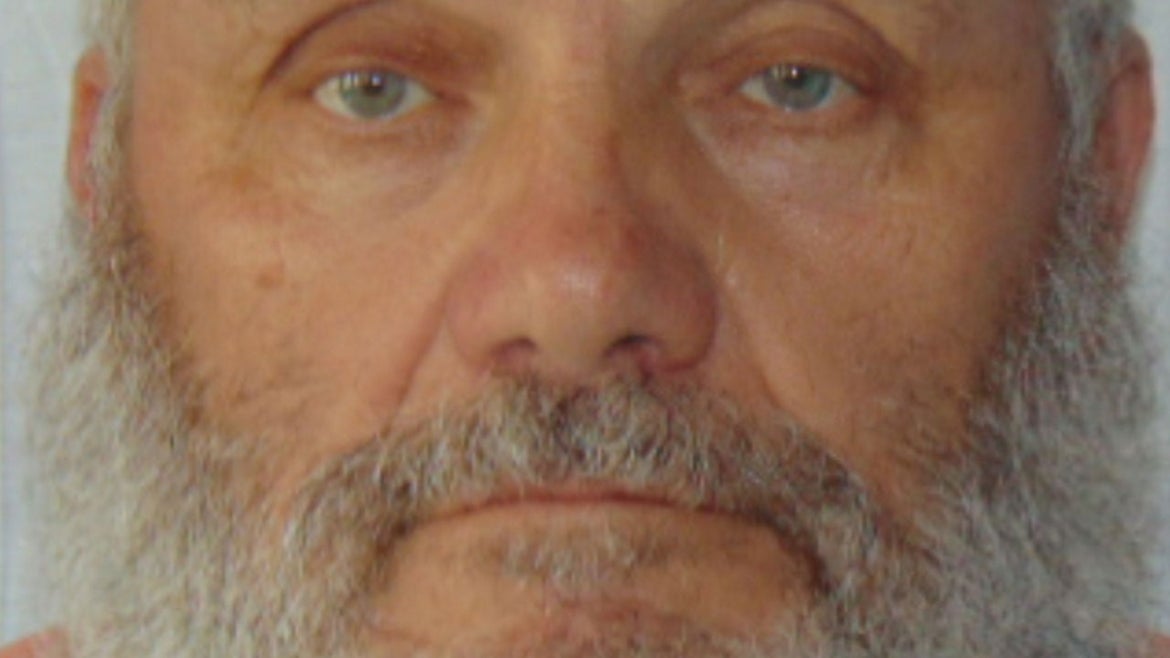Jeff Titus walked out of Lakeland Correctional Facility in Coldwater, Michigan, last week after U.S. Federal District Court Judge Paul D. Borma overturned his murder conviction.
A 71-year-old Michigan man who has spent more than two decades behind bars for murder is a free man after the courts overturned his conviction, thanks in large part to the recent true crime coverage surrounding his case, according to reports.
Jeff Titus walked out of Lakeland Correctional Facility in Coldwater, Mich. last week after U.S. Federal District Court Judge Paul D. Borma overturned his murder conviction.
“There is new evidence which undermines the integrity of the original conviction, and justice requires that Mr. Titus be granted a new trial,” Michigan Attorney General Dana Nessel said in a statement. “I commend Assistant Attorney General John Pallas as well as the members of the Conviction Integrity Unit for their hard work in a multi-state, multi-victim investigation which involved the meticulous review of decades of documents.”
Titus being a free man comes after a true crime series and podcast both uncovered legal violations in his original case, according to People.
"It's been 22 years waiting for this day, and it should've never happened in the first place," Titus told local station WOOD TV. "I'm just over [ecstatic] and overjoyed to finally be out, where I can get out and do something. I want to see my grandkids, I haven't seen them, I want to see them."
On Nov. 17, 1990, the first day of deer-hunting season that year, hunters Doug Estes and Jim Bennett were both shot in the back and murdered. Both Estes and Bennett did not know each other and were hunting separately when they were each killed with a single shot to the back, according to reports.
Titus was hunting with a friend over 27 miles away from where the murders took place, according to reports. He was initially cleared by original detectives on the case.
A Cold Case unit opened the case up 10 years later and arrested Titus as a prime suspect in 2001. Prosecutors at the time argued that he would've had enough time to drive to the location of the crime and back.
While there was no physical evidence against Titus, prosecutors portrayed him as a “hothead who didn’t like trespassers,” according to The Associated Press.
He was convicted in August 2002, having been sentenced to life in prison without the possibility of parole.
In 2020, the true crime series Investigation Discovery’s “Killer In Question” and Susan Simpson’s podcast “Undisclosed” reexamined Titus’ case and presented evidence to help prove his innocence, according to Deadline.
“Killer in Question” and “Undisclosed” discovered that a witness had identified Thomas Dillon as a man who drove his car into a ditch after two shots were fired on the day of the shooting, according to People.
Dillon, a convicted serial killer known as the “Ohio Outdoorsman Killer” was not disclosed to those looking into the cold case in Kalamazoo, according to People.
Dillon died in 2011.
Local news outlets had also been shedding light on his story in recent years, for which Titus thanked them upon his release last week.
“I appreciate you for it,” Titus told Target 8 News.
Titus' freedom is also thanks in part to the Michigan Innocence Clinic, according to People. Thirty-five law students worked on the case with attorney David Moran, and along with the Michigan Conviction Integrity Unit and the Michigan Department of Attorney General, all submitted a joint filing requesting his conviction be set aside, Deadline reported.
WOOD TV reported that Titus repeated “I’m free” as he walked out of prison. He also told the local news outlet that he couldn’t wait to go to Sweetwater’s Donut Mill and have a New York cheesecake doughnut.
“I’m probably gonna buy half a dozen or maybe even three dozen,” he said.
Related Stories







